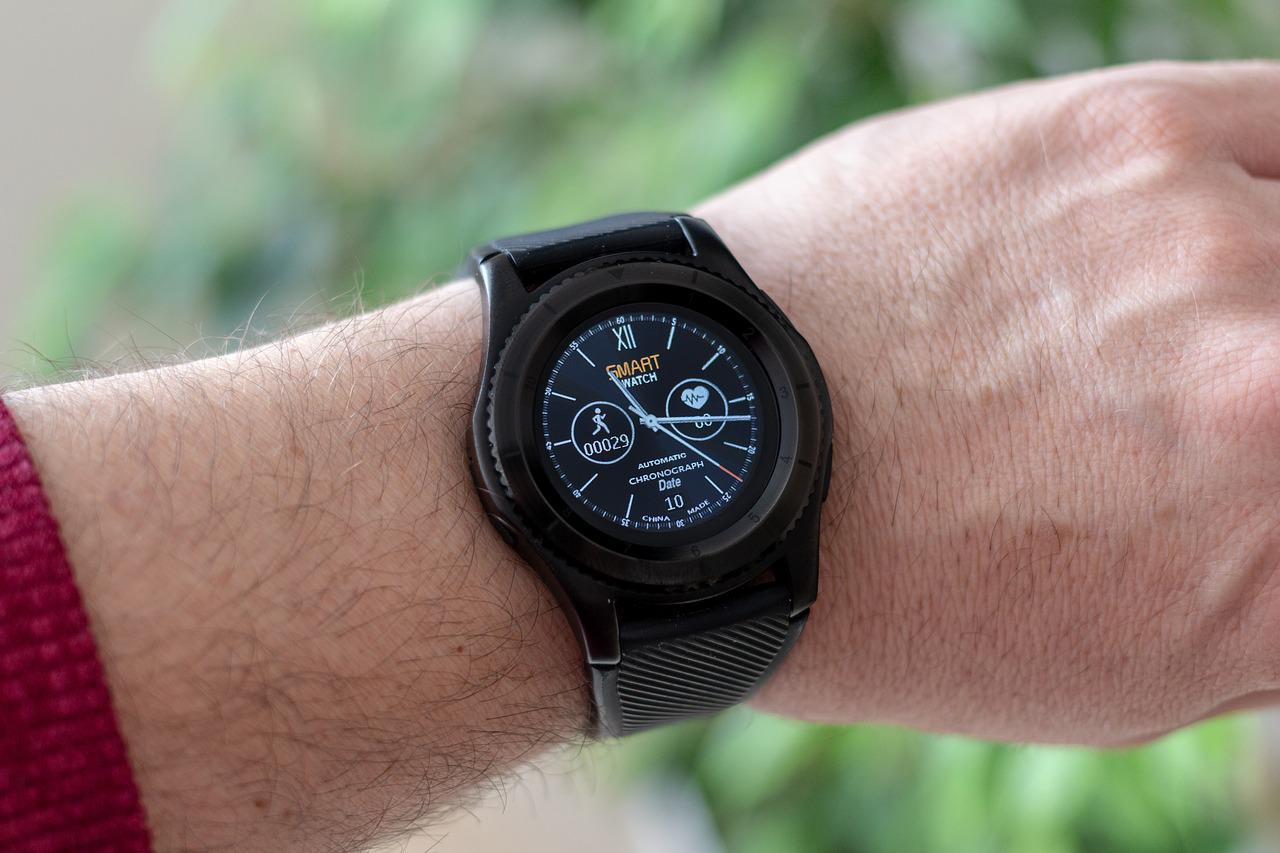Using Pedometers to Become More Active

Q: Do pedometers really help if you want to be more active?
A: Yes, they can. Overall, studies do suggest that using a pedometer tends to produce a greater increase in physical activity than simply having a goal of walking 30 or 40 minutes a day. That’s important because being moderately active at least 30 minutes a day is one of the top recommendations to lower cancer risk from the American Institute for Cancer Research. And health benefits accrue even when physical activity occurs in blocks of 10 or 15 minutes rather than all at once, but it can be hard to keep track of these small blocks. This is a problem pedometers may solve. But, studies show that simply wearing a pedometer might lead to only small improvements for many people if they do not have a goal and do not track progress toward that goal.
Some programs recommend a target of 10,000 steps a day from the start, which is associated with meeting the recommended 30 minutes of moderate activity a day. If someone’s goal is weight loss, a target of 11,000 to 12,000 steps a day may be more effective. To reach these targets, some experts recommend setting individualized gradual increases to avoid getting physically or psychologically overwhelmed. They suggest taking a week to establish a baseline average, and then creating a new target each week by adding 500 or more steps a day beyond the previous week’s target. Just wearing a pedometer isn’t magic, but it can increase awareness of your activity level, track your progress toward a specific goal, and (perhaps most importantly) increase your self-confidence that you really can achieve a healthy level of physical activity.
The Author:
The American Institute for Cancer Research (AICR) is the cancer charity that fosters research on the relationship of nutrition, physical activity and weight management to cancer risk, interprets the scientific literature and educates the public about the results. It has contributed over $100 million for innovative research conducted at universities, hospitals and research centers across the country. AICR has published two landmark reports that interpret the accumulated research in the field, and is committed to a process of continuous review. AICR also provides a wide range of educational programs to help millions of Americans learn to make dietary changes for lower cancer risk. Its award-winning New American Plate program is presented in brochures, seminars and on its website, http://www.aicr.org. AICR is a member of the World Cancer Research Fund International.








